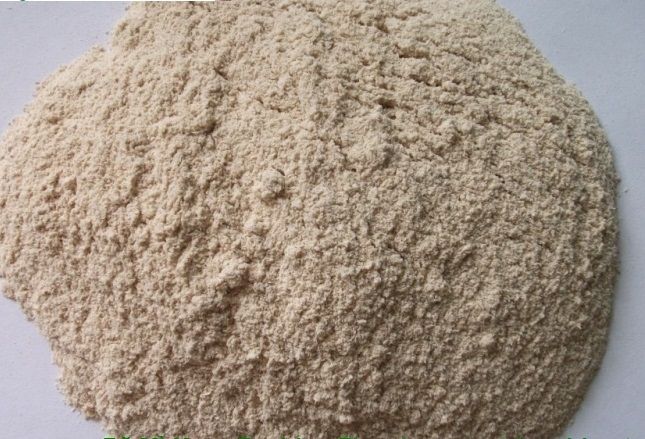Starch Residue Export: How to Export Starch Residue From Nigeria
Starch Residue Export: How to Export Starch Residue From Nigeria
Nigeria is the world’s largest producer of cassava, an important vegetable to both Nigeria and many other countries in West Africa. Nigeria produces about 30% of cassava globally each year. This starch can then be used for a variety of purposes. However, exporting the residue that is left behind after processing cassava to turn it into tapioca is difficult, considering the high amount of regulations for importing food. Here’s how you can export your starch residue from Nigeria legally.
What is starch residue?
Starch residue is what is left over after processing cassava into tapioca. It is not just the roots of the cassava plant that are harvested for tapioca, but also the cassava stalk. The starch residue that is produced from this process is then dried and burned to reduce its size, or it can be used as a fertilizer or converted into biogas. The leftover residue can also be used to make other products, such as ethanol, butanol, and starch.
The challenge? Starch residue is difficult to export from Nigeria legally because of the high amount of regulations for importing food. This is due to the fact that starch residue has a high chance of carrying harmful bacteria that can cause food poisoning.
There are a few methods that can be used to export starch residue from Nigeria legally. One option is to send it to a country without stringent regulations, such as Ghana. This country has significantly lower standards for importing food, which means the residue will not be inspected during customs.
Another option is to use an export manager who can take care of all export formalities for you, including obtaining the necessary licenses and completing customs requirements. This means you will not have to worry about export formalities, but you will
Why does Nigeria produce a lot of cassava?
Nigeria is a country that produces a lot of cassava, a type of vegetable. Nigeria produces about 30% of the cassava consumed globally each year.
Cassava is a root crop that can be processed into a variety of products. In Nigeria, most is processed into tapioca, which is often eaten as a breakfast food. The cassava residue left over from this processing can’t easily be exported due to the high amount of regulations for importing food.
In order to export your cassava residue from Nigeria legally, you need to process it further into a different form. This includes turning it into a powder or a pulp, then drying it and turning it into a granular product that is not moist. Once this is done, you can export your product from Nigeria without running into any problems with regulations.
How to export starch residue from Nigeria?
There are two ways to export your starch residue from Nigeria: by paying a tax and by importing it. If you choose to import your starch residue, you must clear the food through the Nigerian Customs Service and the Nigerian Ports Authority.
You can also export it by paying a tax. If you pay the tax, you will be giving up your right to import the food and will be unable to use it in certain food products.
Conclusion
As the world’s largest producer of cassava, Nigeria is a major player in the global food market. Nigeria produces about 30% of the world’s cassava each year, which is a staple in many countries in West Africa.
However, exporting the residue from cassava processing which is left over from making tapioca is difficult because of government regulations. But, there are ways for you to export your starch residue from Nigeria legally.
The first step is to register with the Nigerian Customs Service. You can do this by filling out a form and paying a fee to receive a registration number. Once you have this number, you can export your starch residue from Nigeria legally by following certain guidelines.
The first guideline is that the residue must be designated for export in a factory processing cassava into tapioca or a factory where a product is made from cassava starch. The second guideline is that you can only export residue from cassava that has been processed in Nigeria for at least six months. The third guideline is that the residue must be exported in bulk by sea or air. The final guideline is that you can only export up to 1,000 metric tons of residue from Nigeria at any time.








LEAVE A COMMENT
You must be logged in to post a comment.